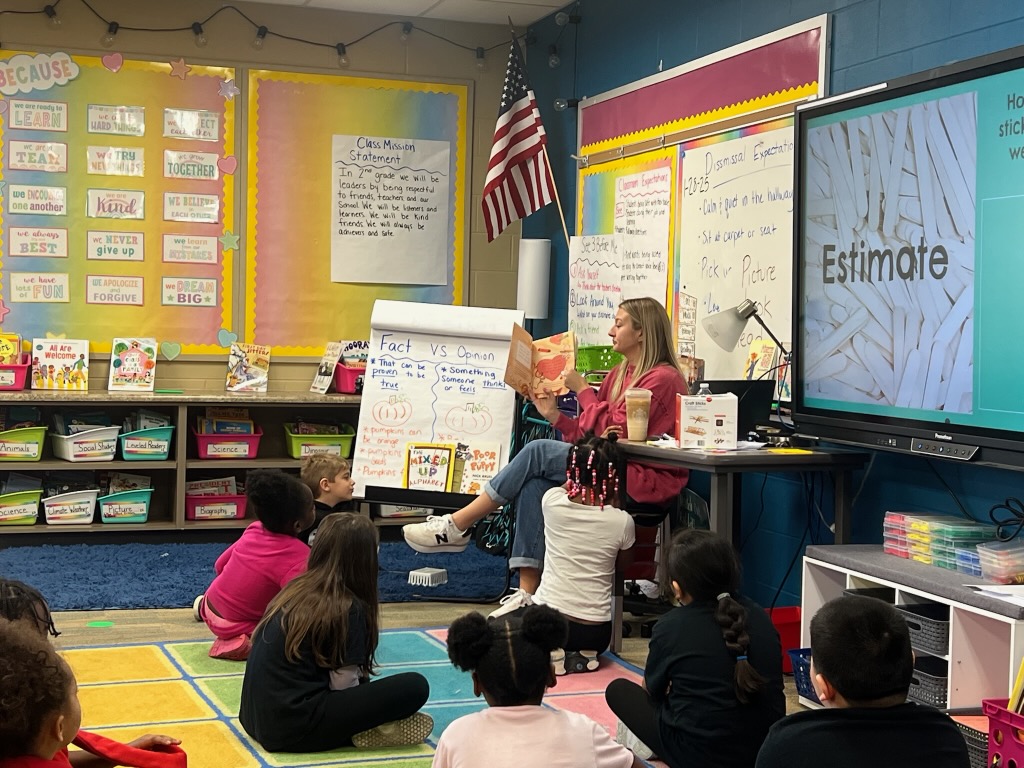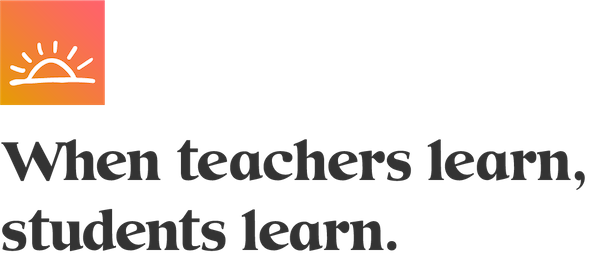
As the year winds down, I find myself reflecting—not just on what my students learned, but on what I learned. Every year, I walk away with fresh insights, a few battle scars, and at least a couple of “Well, that didn't go quite as planned” moments.
So here it is: five things I’ll do differently next year, not because this year was a failure, but because each year gives me the chance to grow and do better—for my students and myself.
- Start Teaching Routines for Independence Sooner
I waited a bit too long this year to really dive into teaching students how to work independently. I focused on classroom rules, procedures, and academic routines, but I didn’t explicitly teach what being an independent learner looks like. Next year, I’ll introduce self-check tools, reflection questions, and modeling independent thinking from week one. The goal? Less hand-raising, more self-trusting. - Build in More Student Voice from the Start
I saw how powerful it was when students were given real choices, whether it was in a writing prompt, project topic, or classroom job. However, I didn’t start offering these opportunities until we were well into the year. Next year, I want student voice to be part of our classroom culture from the very beginning. It’s amazing how much more invested kids are when they feel like their voice matters. - Use Exit Tickets More Consistently
Yes, I use them now. But sporadically. When I did use exit tickets regularly, the data I got was gold. It wasn’t just about what they understood—it was what they were feeling, wondering, and wanting more of. Next year, I’m making exit tickets a routine part of my classroom, especially ones that spark reflection and connection. - Prioritize Relationship-Building All Year Long
I always start strong with relationship-building at the beginning of the year, and it’s important to remember that relationships need maintenance. Next year, I’m planning quick one-on-one check-ins, positive notes home, and small moments of connection—especially during the mid-year slump when everyone’s running on empty. - Let Go of the Need to “Cover It All”
This year, I got caught in the pressure to “cover everything.” But I’ve learned that going deeper with fewer concepts leads to more meaningful learning. Next year, I’ll focus on depth over breadth. I’d rather my students own a few powerful strategies than be vaguely familiar with a long list of them.
Reflection is powerful. It makes space for growth. Some of these changes might feel small, but I know they’ll have a big impact. And if you’re reading this, maybe you’re thinking about what you’ll do differently too.
Here’s to better beginnings, stronger routines, and the kind of teaching that grows right alongside our students.
This article might be missing links that were included at the time of publication.

